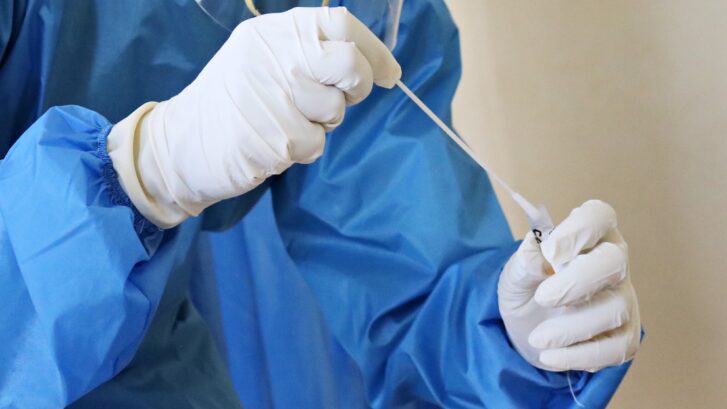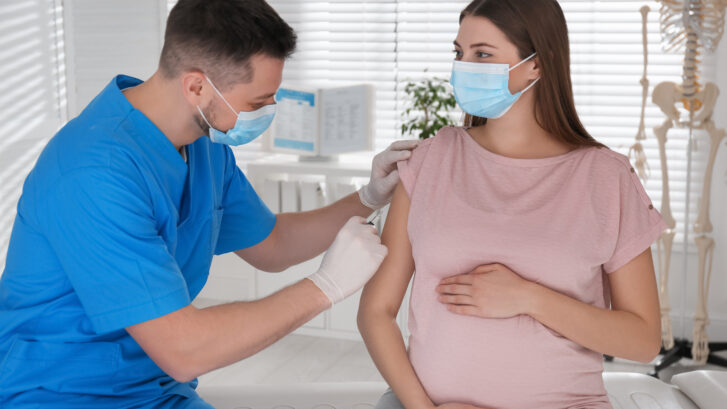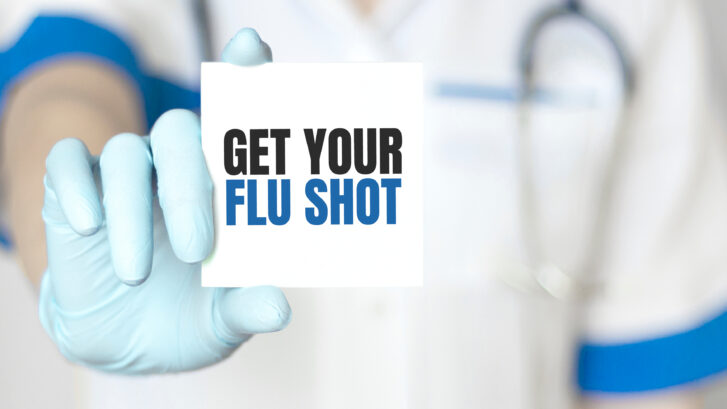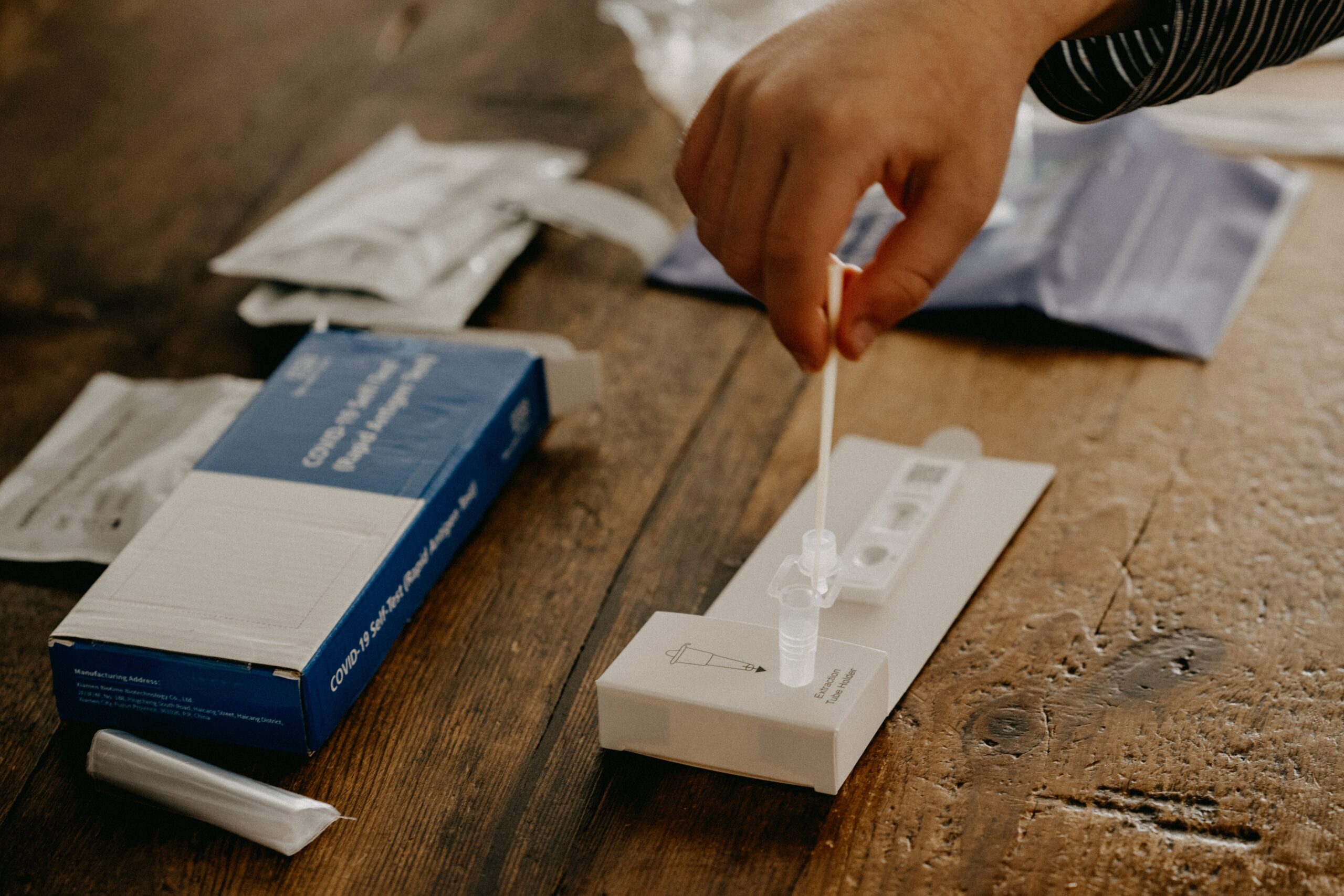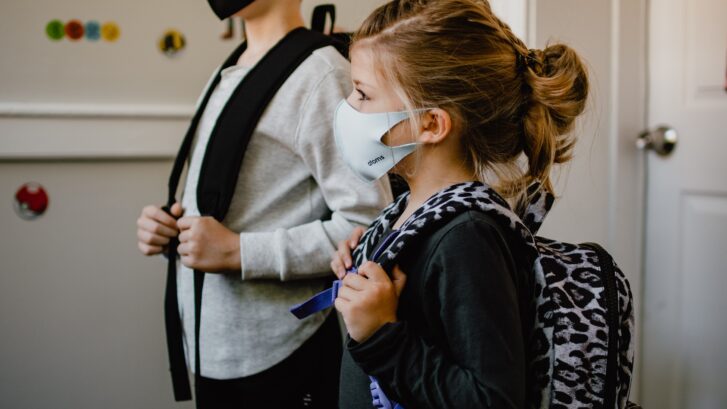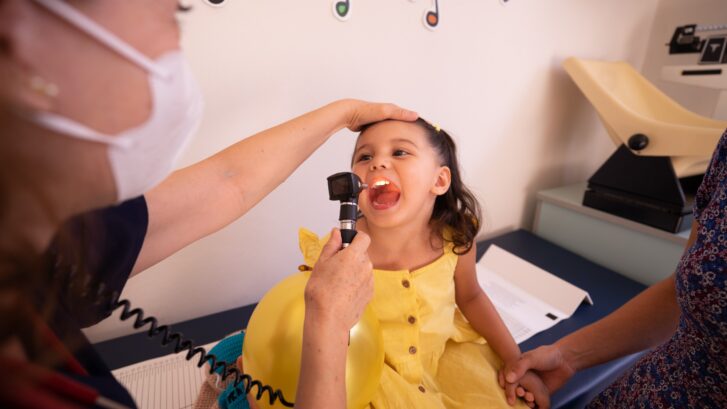What We’ve Learned About the Omicron Variant
As we’ve just passed the second-year anniversary of the SARS-CoV-2 pandemic, our concierge primary care doctors in Jupiter think we should take a moment to reflect on how far we’ve come in dealing with this often-deadly disease.
It may not seem like it, because we still have to wear masks many places and haven’t fully returned to pre-pandemic life, but we have made progress.
For instance, we know more about how it spreads (through the air, especially in enclosed spaces), and how to protect ourselves (safe, effective vaccines and high-quality masks). And even though we’re still in the grip of of this still-relatively new coronavirus, and we’ve also found effective ways to treat it (monoclonal antibodies and anti-viral drugs).
Omicron a good thing?
And, believe it or not, the omicron variant of the virus may have turned out to be relatively good news, even though over 2,000 Americans a day are still dying from it.
But because it appears less lethal than its predecessors, omicron may make the pandemic more manageable.
The Centers for Disease Control and Prevention (CDC) released the results of a study late last month showing that the omicron variant—which is now the dominant variant both here in the U.S. and around the world—causes less severe illness, fewer hospitalizations, and requires less time in isolation following exposure.
This is partly due to the large numbers of people who have been vaccinated and/or infected with COVID-19, as well as to the fact that the virus appears to concentrate its effects in the upper airways instead of settling deep in the lungs.
The downside is that omicron is far more transmissible than earlier variants or the original virus. This is why so many people are catching it, and why—due to the sheer numbers of infections— hospitals are still being overwhelmed and an average of 2,200 people a day are still dying from the coronavirus.
Light at the end of the tunnel?
But an NBC News analysis of COVID-19 case numbers at the end of January showed that Florida is one of the many states where omicron is no longer surging.
And chief White House medical advisor Anthony Fauci said in an interview with ABC’s “This Week” that he expects the wave to subside in “most” states by the end of February.”
“As we get into February . . . it is very likely that most of the states in the country will have turned around with their peak and are starting to come down with regard to cases and then obviously hospitalizations,” he said.
While cautioning that “our work is not done,” Hans Kluge, regional director of the World Health Organization (WHO) for Europe, released a statement two weeks ago that offered a glimmer of hope to a pandemic-weary world.
“The pandemic is far from over, but I am hopeful we can end the emergency phase in 2022 and address other health threats that urgently require our attention,” he said in a statement.
“This pandemic, like all other pandemics before it, will end, but it is far too early to relax,” he added.
Effective weapons
One recent setback in the fight against SARS-CoV-2 was the finding from the CDC, confirmed by the drugs’ manufacturers, that two of the most common monoclonal antibodies used to keep at-risk individuals out of the hospital do not work against the omicron variant.
But again, there’s good news on that front, as well, because one monoclonal antibody—sotrovimab—is effective, and is still available at most hospitals even though Florida’s outpatient centers have closed.
Those who have mild to moderate symptoms of COVID-19 (fatigue, cough, loss of smell or taste, fever) or have underlying risk factors (those over 65, diabetes, obesity, kidney, heart, or lung disease or those who are immunocompromised) can check with area hospitals to see whether they’re offering this treatment.
In addition, other effective weapons in the arsenal against COVID-19 include the intravenous antiviral treatment remdesivir and the newly authorized oral antiviral drugs, Paxlovid or molnupiravir.
Still work to do
Two years in, we still don’t have all the answers, and until more people in this country and around the world are fully vaccinated, SARS-CoV-2 will not be fully manageable.
Each person who remains unvaccinated not only puts themselves at risk, but others around them, as well. And each infection offers the virus another chance to mutate.
Speaking of mutations, you may have heard of another new mutation of the omicron virus that some are calling “son of omicron” or “stealth omicron” because it’s so difficult to detect in PCR tests.
The new variant, designated BA.2 (omicron is BA.1), was first reported in California in November. It has since been seen in isolated cases in Texas as well as other countries. However, while remaining cautious, at this point most virologists don’t think it’s more dangerous or more transmissible than omicron BA.1. We’ll let you know if we learn otherwise.


